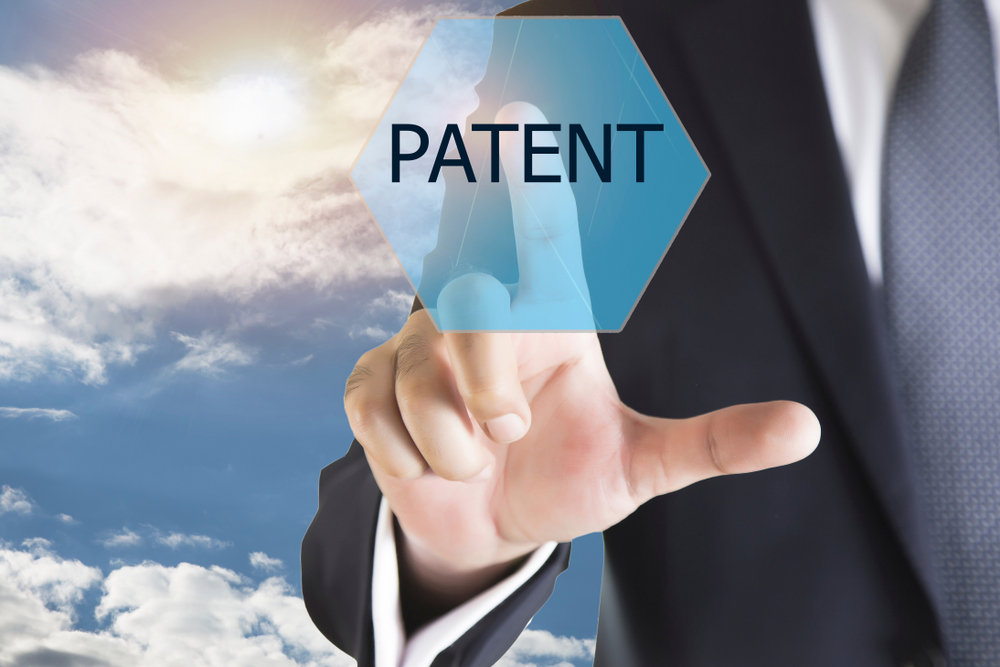Capricor Adds 7 New Patent Applications from Cedars-Sinai for DMD and Cardiac Disorders

Capricor Therapeutics is expanding its Duchenne muscular dystrophy (DMD) and cardiac therapy programs using cardiosphere-derived cells (CDCs) by adding seven new patent applications related to the technology.
The new applications were from Capricor’s existing exclusive license agreements with Cedars-Sinai Medical Center, and are aimed at expanding Capricor’s cellular and exosome therapies to Duchenne and several cardiac disorders, including ventricular tachyarrhythmia, cancer, and age-related diseases.
Exosomes are nano-size, membrane-enclosed vesicles released by nearly every cell type in the human body. They are filled with molecules, such as proteins and microRNAs, capable of being delivered to cells and regulating several cellular functions.
CAP-1002 is an investigational cardiac cell therapy composed of CDCs — progenitor cells with the capacity to develop into mature heart cells and boost regeneration, as well as modulate the immune system to promote heart repair.
The therapy is delivered through a catheter into the heart’s three coronary arteries. Results of a small clinical trial, called HOPE Duchenne (NCT02485938), showed that a one-time infusion CAP-1002 improved heart muscle function as well as arm and hand strength, and reduced tissue scarring in patients with DMD.
Last year, the U.S. Food and Drug Administration (FDA) approved Capricor’s application to launch a Phase 2 study of CAP-1002 cell therapy in children and adults with advanced DMD.
The trial will begin enrolling boys and young men with Duchenne in 10 to 12 U.S. sites this year. The study will last for a year after patients are randomly assigned to treatment with CAP-1002 or a placebo. Researchers will then assess how well the treatment improved patients’ arm strength and heart function.
Under its license agreements with Cedars-Sinai, Capricor holds exclusive worldwide rights to develop and commercialize CAP-1002 and its CDC-derived exosomes, which include CAP-2003.
“Obtaining the rights to these additional patent applications will expand and potentially strengthen Capricor’s intellectual property portfolio,” Linda Marbán, PhD, Capricor president and chief executive officer, said in a press release.
“Capricor is moving forward with a clinical trial this year for CAP-1002 as an intravenous therapy in Duchenne muscular dystrophy. Pending regulatory approval, we also plan to launch a clinical trial of CAP-2003 in hypoplastic left heart syndrome,” Marbán said.






